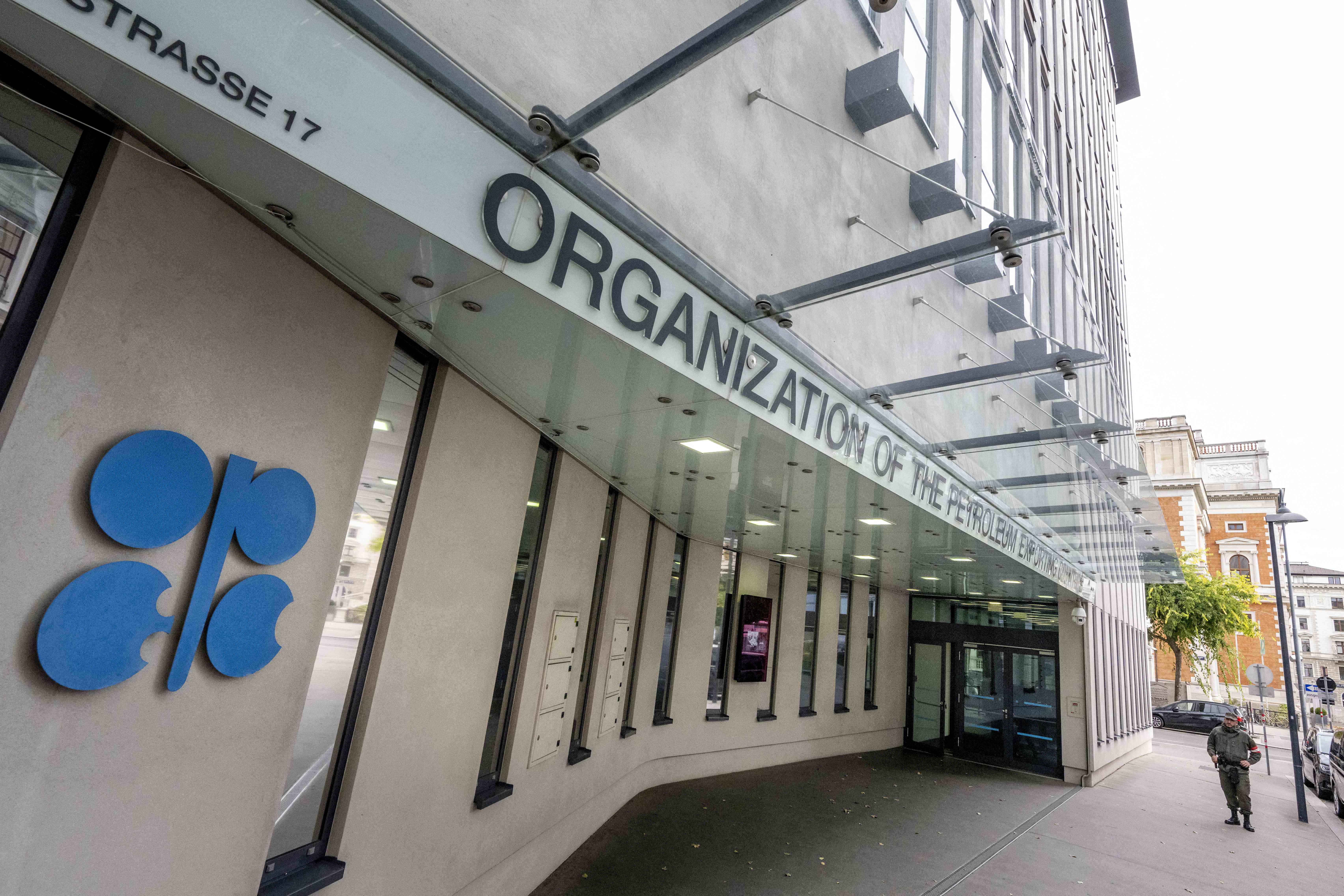OPEC reporters from three large news organizations have not been invited to the oil producing alliance’s meetings this weekend, sources told CNBC.
The OPEC Secretariat, which oversees media accreditation, on Tuesday issued invitations to some journalists to cover the June 3-4 meetings on-site. However, reporters who normally cover OPEC from Reuters, Bloomberg and the Wall Street Journal did not receive invitations as of Wednesday night, according to people familiar with the matter who did not want to be named due to the sensitivity of the issue.
related investing news
Two Wall Street Journal reporters who do not regularly cover OPEC received invitations.
Journalists from CNBC — which competes with the three outlets for financial news and with Bloomberg TV for TV coverage — received an invitation, as did the Financial Times.
If the lack of invitation stands, OPEC journalists from the three organizations will be denied access to pre- and post-meeting briefings and to the Secretariat. Reuters and Bloomberg both publicized their exclusion in stories published Wednesday.
CNBC understands that both agencies still intend to send delegations to cover the event. Spokespeople for the OPEC Secretariat and Wall Street Journal did not immediately respond to a request for comment. Reuters and Bloomberg News declined to comment.
OPEC+ ministerial meetings often see news agencies such as Reuters, Bloomberg and the Wall Street Journal compete to break the results of the meetings before they have been concluded. The widely followed coverage often moves the oil futures price, and ministers are followed for any market-moving comments that may provide price indication.
Recurrently chaotic, OPEC meetings resumed in person in October last year, when oil demand concerns prompted the coalition to shrug off White House pleas for additional supplies and remove 2 million barrels per day of production from the market.
Despite this measure and several members of OPEC+ — a wider alliance including Russia — announcing an additional cut of 1.6 million barrels per day in April, oil prices have stayed largely depressed since the start of the year, as European and U.S. banking turmoil, high inflation worldwide and a slow reopening in China hit demand.
OPEC+ ministers will convene again on Sunday, although heavyweight oil producers Russia and Saudi Arabia appear to have sent conflicting signals ahead of the meeting.
Saudi energy minister Prince Abdulaziz bin Salman warned market speculators to “watch out,” in a move some have seen as hinting at potential further cuts ahead.
Russia’s Deputy Prime Minister Alexander Novak, meanwhile, initially said he expected no further steps from the OPEC+ meeting, then stated his comments his were misinterpreted, according to Russian state news agency Tass.


